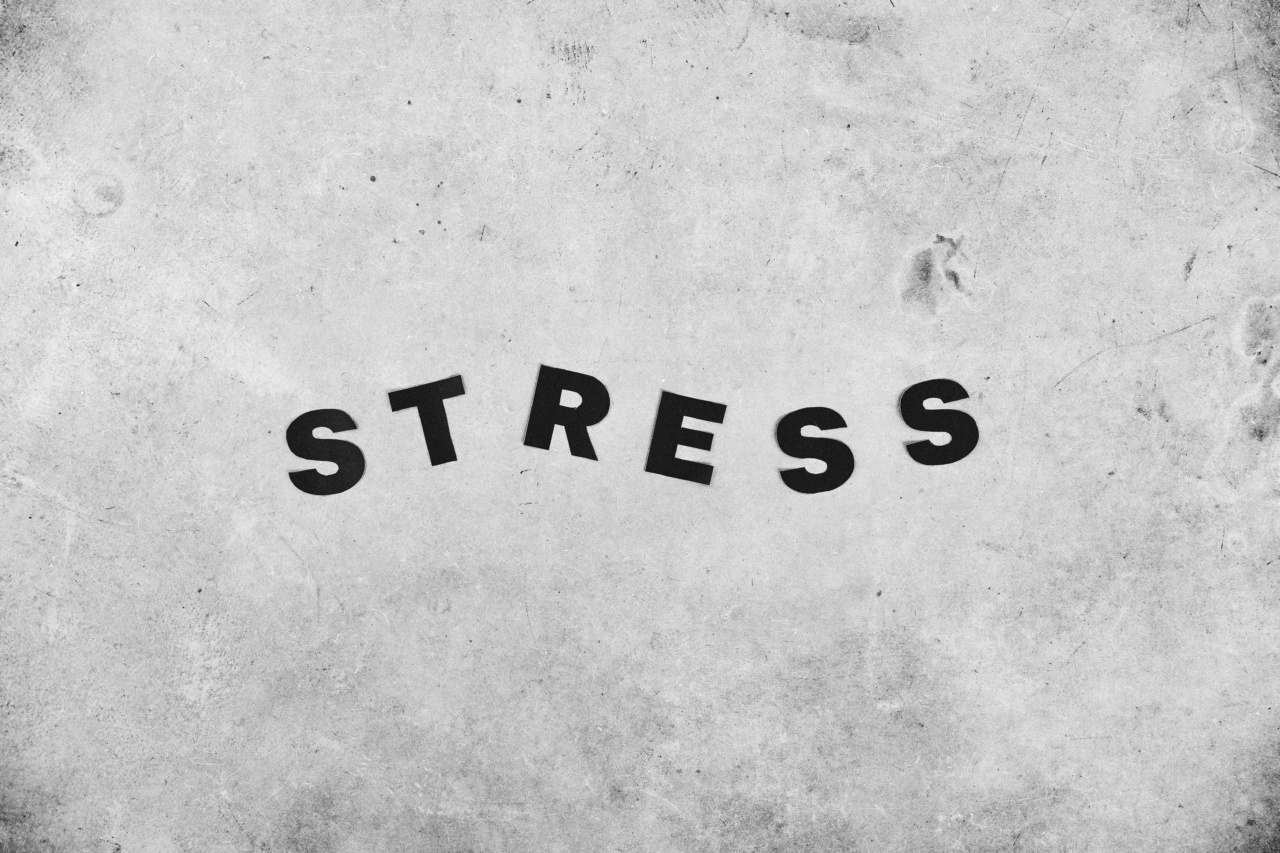Living with rheumatoid arthritis (RA) can be a daily struggle. The chronic pain, stiffness, and inflammation in the joints can significantly impact one’s quality of life.
However, for many RA sufferers, fatigue is an additional debilitating symptom that often goes overlooked. Not only does fatigue drain energy levels, but it also affects mood, cognitive function, and overall well-being. If you’re looking for ways to conquer fatigue in rheumatoid arthritis, you’re not alone.
With some simple steps, you can regain control over your energy levels and improve your overall quality of life. Read on to discover how.
1. Prioritize Rest and Sleep
When you’re constantly battling fatigue, rest and sleep become indispensable. Make sleep a priority and establish a bedtime routine to ensure a good night’s rest.
Avoid caffeine, establish a calm environment, and consider relaxation techniques such as deep breathing or meditation to help you unwind before bed. Additionally, allow yourself regular breaks and sufficient downtime throughout the day to conserve energy.
2. Stay Active with Gentle Exercise
It may seem counterintuitive, but staying active can actually help combat fatigue in rheumatoid arthritis. Engaging in regular exercise, such as walking, swimming, or gentle yoga, provides numerous benefits.
Exercise boosts energy levels, improves sleep quality, and maintains joint mobility. Be sure to consult with your healthcare provider or a physical therapist to determine which exercises are suitable for your condition.
3. Manage Stress Levels
Stress can worsen fatigue in rheumatoid arthritis. Finding effective stress management techniques is crucial. Consider activities like practicing mindfulness, deep breathing exercises, or engaging in hobbies that bring you joy and relaxation.
Moreover, don’t be afraid to seek support from friends, family, or even join a support group to share your experiences and learn coping strategies from others in similar situations.
4. Optimize Your Sleep Environment
Creating a sleep-friendly environment can significantly improve your sleep quality and reduce fatigue. Ensure your bedroom is cool, quiet, and dark. Invest in a comfortable mattress and pillows that offer the support your body needs.
Consider using blackout curtains, earplugs, or a white noise machine if external noises disturb your sleep. Experimenting with aromatherapy, such as lavender essential oil, may also promote relaxation and better sleep.
5. Eat a Balanced Diet
A well-balanced diet plays a crucial role in managing fatigue. Include a variety of nutrient-rich foods in your meals, such as fruits, vegetables, whole grains, and lean proteins.
Avoid or minimize processed foods, sugary snacks, and drinks, as they can lead to energy crashes. Stay hydrated throughout the day by drinking an adequate amount of water. Consult with a registered dietitian for personalized dietary recommendations tailored to your specific needs.
6. Pace Yourself and Plan Ahead
Learning to pace yourself and plan ahead can help prevent exhausting flare-ups of fatigue. Prioritize your tasks and break them down into manageable segments. Take regular breaks and understand your limits.
Don’t be afraid to delegate or ask for help when needed. By pacing yourself, you conserve energy and reduce the likelihood of becoming overwhelmed, reducing overall fatigue levels.
7. Explore Relaxation Techniques
Engaging in relaxation techniques can significantly impact your energy levels and overall well-being. Experiment with activities like deep breathing exercises, progressive muscle relaxation, or guided imagery.
These methods help reduce stress, calm your mind, and alleviate fatigue. You can practice relaxation techniques at any time during the day, whenever you feel overwhelmed or need a boost of energy.
8. Work with Your Healthcare Team
Collaboration with your healthcare team is crucial in managing rheumatoid arthritis and its associated fatigue. Regularly communicate with your rheumatologist and other healthcare providers to ensure you receive appropriate treatment and support.
They may be able to recommend specific medications, adjust your treatment plan, or refer you to other specialists, such as occupational or physical therapists, to address your fatigue effectively.
9. Get Adequate Vitamin D
Vitamin D plays a vital role in maintaining overall health and energy levels. Unfortunately, it is common for RA patients to have low levels of vitamin D due to limited sun exposure and certain medications.
Consult with your healthcare provider to assess your vitamin D levels and determine if supplementation is necessary. Ensuring adequate vitamin D levels can help combat fatigue and boost your immune system.
10. Seek Emotional Support
Living with rheumatoid arthritis can often be emotionally challenging, and emotional stress can worsen fatigue. Don’t hesitate to seek emotional support from loved ones, friends, or mental health professionals.
They can provide valuable guidance, understanding, and coping strategies to help you manage stress and emotional well-being effectively. Remember that you are not alone, and reaching out for support is a sign of strength.































